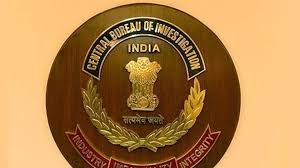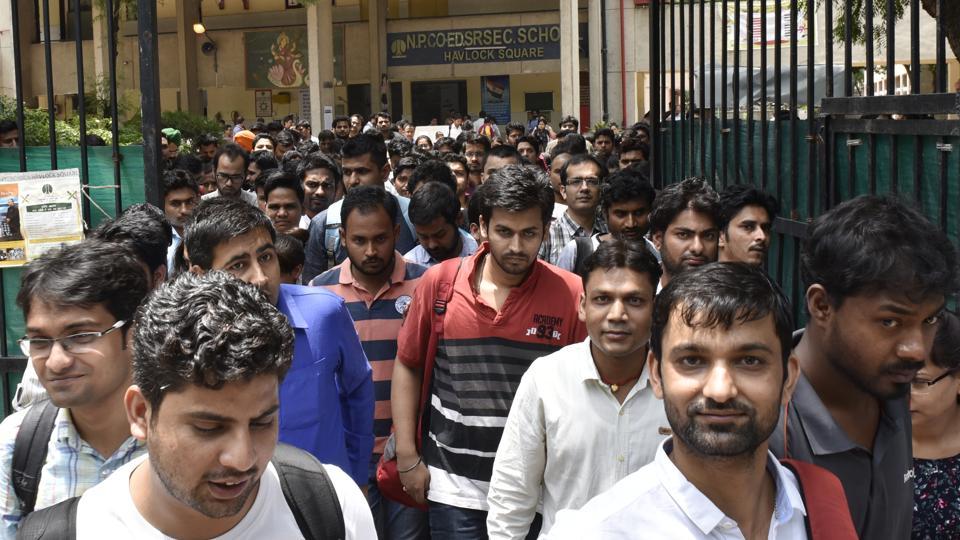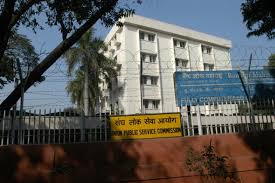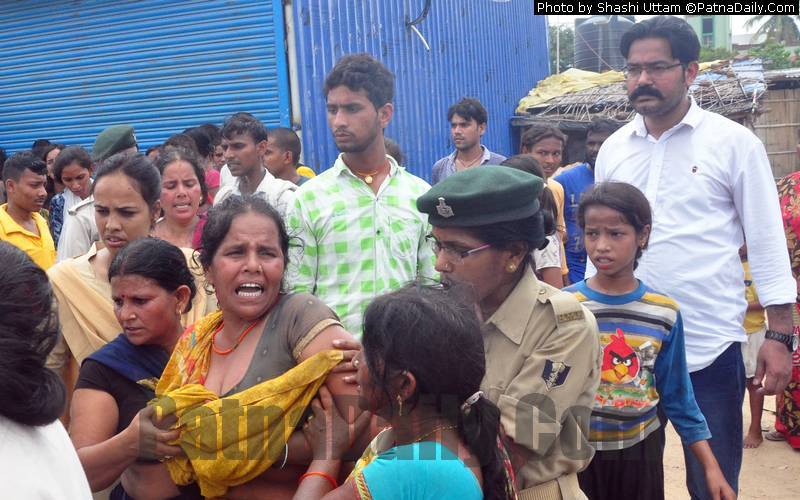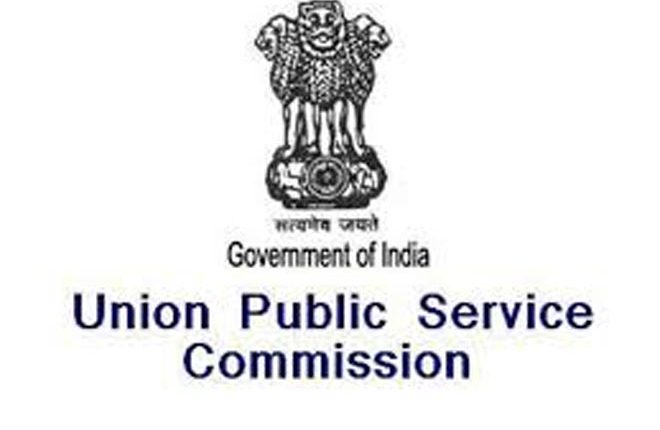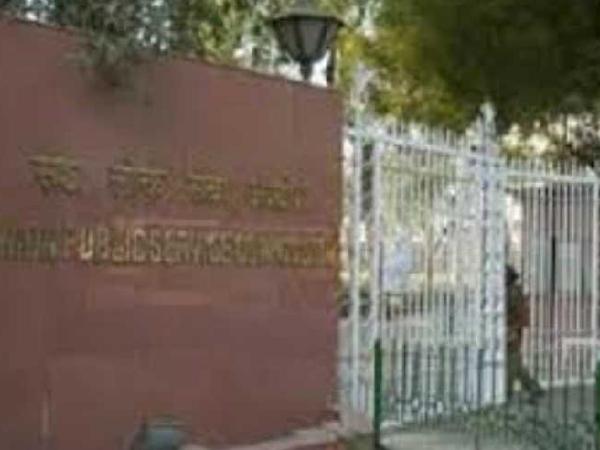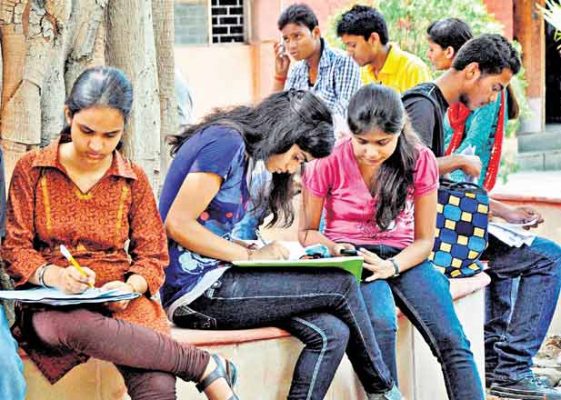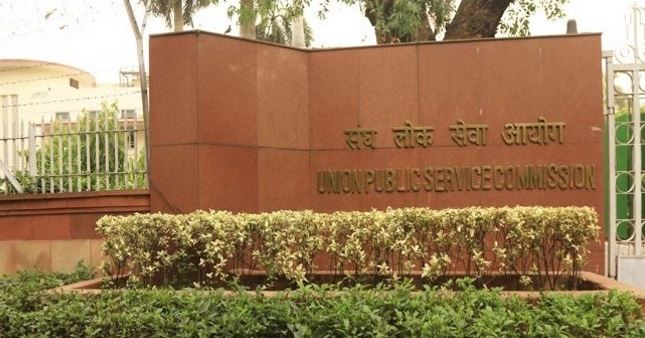Source – business-standard.com
The Union Public Service Commission (UPSC) has released a recruitment notification for the post of Indian Economic Service (IES) and Indian Statistical Service Exam (ISS) 2019 on October 17, 2019 on its official website upsc.gov.in.
The UPSC IES/ISS Detailed Application Form (DAF) will remain active till October 31, 2019.
IES/ISS recruitment 2019 (Advt No: 06/2019): Important dates
Online form activated on : March 20, 2019
Online form and fee payment last date: April 16, 2019
Admit card issued on: June 8, 2019
Examination: June 28, 2019
Result declared: October 17, 2019
DAF starts: October 17, 2019
DAF filling last date: October 31, 2019
Here are the details required for IES/ISS 2019
Interested candidates need to give a mandatory application fee of Rs 200, while candidates belonging to SC/ST/PWD (persons with disability) and female candidates are exempt from paying.
Mode of payment: Candidates can make payment in both offline and online modes.
- Debit card, credit card and other net banking services can be used to make online payment
- Candidates have to use SBI challan for offline payment
Documents required to fill UPSC IES/ISS application form 2019
- Scanned photography and signature in .jpg format.
- Aadhaar card or other valid ID proof
- Class 10 and 12 marksheet
- Caste Certificate (If applicable)
- Disability Certificate (If applicable)
Age limit: Minimum 21 years
Maximum 30 years
Note: Age relaxation will be there as per the notification
Vacancy details/ Eligibility for IES/ISS 2019
The Indian Economic Service has 32 open posts which require candidates to have a bachelors degree, post-graduation degree in Economics, Business economics, Econometric from any recognised university in India.
The Indian Statistical Service is open for 33 posts which require candidates to have bachelor degree with Statistics, Mathematics, Applied statistics or master degree in Statistics.
Here is how to fill the IES/ISS application form 2019
Go to the official website of UPSC ups.gov.in
On the homepage, click on the ‘What’s New’ tab that will lead you to ‘DAF: Indian Statistical Service/Indian Economic Service Examination 2019‘
From the ‘Instruction for filling DAF‘ option, candidates can start filling the application form
Note: Candidates are required to fill both Part I and Part II for IES/ISS registration 2019
Part I registration for filling the form
Part II registration for payment, centre selection, document upload, and more
For detailed information, login to the UPSC official website


